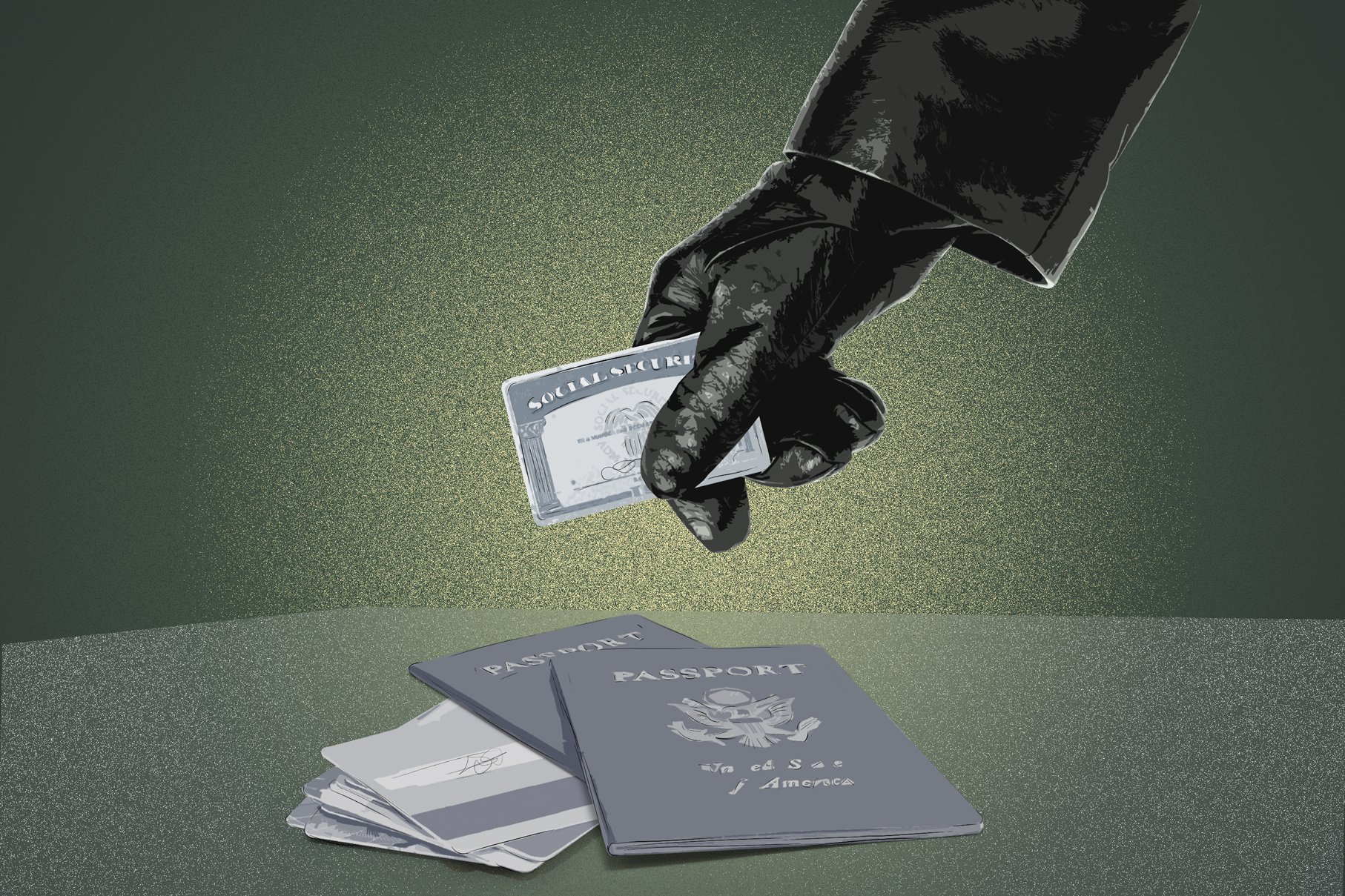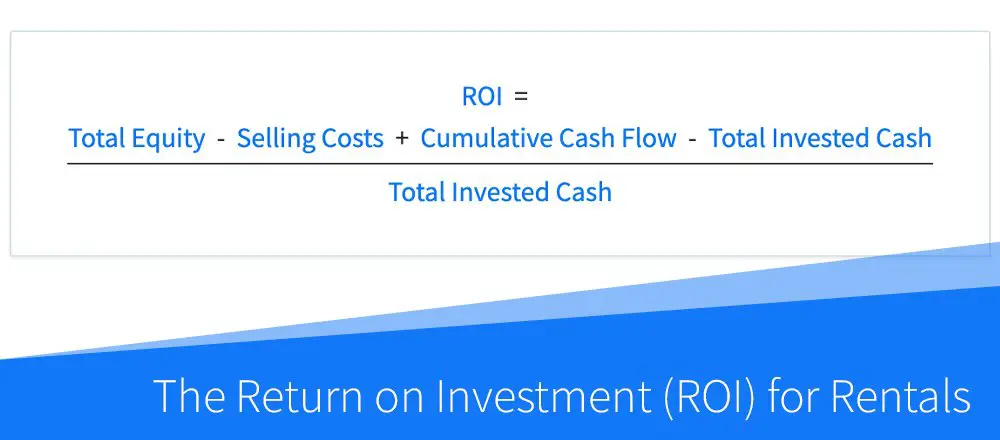Looking for ways to effectively manage your finances for a side hustle? Look no further! In this article, we will guide you through the ins and outs of handling your funds when juggling a side gig. Whether you’re turning your passion into profit or simply looking to boost your income, managing your finances is crucial for long-term success. From tracking your income and expenses to setting financial goals, we’ve got you covered on how to manage finances for a side hustle. So, let’s dive in and ensure your financial journey remains smooth sailing!
How to Manage Finances for a Side Hustle
Introduction
Starting a side hustle can be an exciting way to earn extra income and explore your passions. However, it’s essential to manage your finances wisely to ensure the success and sustainability of your side business. In this article, we will discuss various strategies and tips on how to effectively manage your finances for a side hustle. From budgeting to tracking expenses and optimizing tax deductions, we will cover it all. Let’s dive in!
Create a Budget for Your Side Hustle
Managing the finances of your side business begins with creating a budget. A budget will provide you with a clear understanding of your income and expenses, allowing you to make informed financial decisions. Here’s how you can create a budget for your side hustle:
- Estimate your monthly income: Determine how much money you expect to earn from your side hustle each month. If your income fluctuates, consider taking an average of your monthly earnings.
- Identify fixed expenses: Make a list of all the expenses that need to be paid consistently each month. This may include rent, utilities, internet, and subscription services.
- List variable expenses: Write down expenses that may vary from month to month, such as marketing costs, supplies, or transportation expenses.
- Set aside savings: It’s crucial to allocate a portion of your side hustle income towards savings. Building an emergency fund and saving for future business investments should be part of your financial plan.
Open a Separate Bank Account
Separating your personal and business finances is essential for better financial management. By opening a separate bank account for your side hustle, you can easily track your income and expenses. Here’s why it’s important:
- Organized record-keeping: With a dedicated business bank account, you can easily track incoming payments, business expenses, and cash flow. This will simplify tax preparation and make it easier to analyze your business finances.
- Professionalism: Having a separate bank account adds credibility to your side business. It shows that you treat your venture seriously and makes it easier to manage financial transactions with clients or customers.
- Simplified tax filing: When tax season rolls around, having a separate bank account will make it easier to report your business income and expenses, ensuring compliance with tax laws.
Track Your Side Hustle Income and Expenses
To effectively manage your side hustle finances, it’s crucial to keep track of your income and expenses. By maintaining accurate records, you can identify areas where you can reduce expenses, maximize profits, and evaluate the financial health of your business. Here’s how you can track your side hustle income and expenses:
- Use accounting software: Utilize accounting software such as QuickBooks, FreshBooks, or Xero to streamline your financial record-keeping. These platforms allow you to track income, categorize expenses, generate financial reports, and even invoice clients.
- Save receipts and invoices: Always keep a record of your business-related receipts, invoices, and transaction details. This will help during tax time and when analyzing your business expenses.
- Maintain a spreadsheet: If you prefer a more manual approach, you can maintain a spreadsheet to record your income and expenses. Create separate tabs for income sources, expenses, and categorize them accordingly. Update the spreadsheet regularly to ensure accuracy.
Optimize Your Tax Deductions
As a side hustler, you are entitled to certain tax deductions that can help reduce your overall tax liability. By optimizing your deductions, you can save money and keep more of your hard-earned income. Here are some common tax deductions for side hustlers:
- Home office expenses: If you use a specific area of your home exclusively for your side business, you may be eligible to deduct a portion of your rent or mortgage, utilities, and home maintenance expenses.
- Business-related travel expenses: If your side hustle involves travel, you can deduct transportation costs, lodging, meals, and other business-related expenses. Keep detailed records to support your deductions.
- Equipment and supplies: Purchases of equipment, tools, software, office supplies, or other materials directly related to your side hustle can be deducted as business expenses.
- Professional services: Fees paid for professional services such as legal or accounting services directly related to your side business may be deductible.
Plan for Taxes and Set Aside Funds
As a side hustler, it’s important to plan for your tax obligations. Failure to budget for taxes can lead to financial strain when the tax bill arrives. Here’s what you can do to plan for taxes:
- Estimate your tax liability: Use a tax calculator or consult with a tax professional to estimate your tax liability based on your side hustle income. This will give you an idea of how much you need to set aside.
- Set aside a percentage of your income: Once you have an estimated tax liability, set aside a portion of your side hustle income to cover your tax obligations. A general rule of thumb is to save around 25-30% of your income for taxes, but adjust this based on your specific tax situation.
- Consider making estimated tax payments: If your side hustle generates significant income, you may need to make quarterly estimated tax payments to the IRS. Consult with a tax professional to understand your obligations and avoid penalties.
Monitor and Adjust Your Financial Strategy
Your side hustle finances should be regularly monitored and adjusted as needed. By staying on top of your financial performance, you can identify areas of improvement and make informed decisions to grow your business. Here are some key steps to consider:
- Regularly review your budget: As your side hustle evolves, your income and expenses may change. Take the time to review and update your budget accordingly. Look for opportunities to cut costs or allocate funds to areas that will drive growth.
- Analyze your profitability: Regularly analyze your revenue and expenses to determine the profitability of your side hustle. Identify which income streams are most lucrative and which expenses are eating into your profits.
- Seek professional advice: If you feel overwhelmed or would like expert guidance, consider consulting with a financial advisor or accountant who specializes in small businesses. They can provide valuable insights tailored to your specific needs.
Managing finances for a side hustle is crucial for long-term success. By creating a budget, tracking income and expenses, optimizing tax deductions, and monitoring your financial performance, you can ensure that your side hustle remains profitable and sustainable. Remember, efficient financial management allows you to focus on what you love while achieving your financial goals. Start implementing these strategies today and take control of your side hustle finances!
How I manage my time with full time job, freelance & side hustles ☕️
Frequently Asked Questions
Frequently Asked Questions (FAQs)
How can I effectively manage my finances for a side hustle?
Succeeding in managing your finances for a side hustle requires careful planning and organization. Here are some steps you can take:
What is the first step in managing finances for a side hustle?
The first step is to create a separate bank account exclusively for your side hustle. This will help you keep track of your income and expenses more efficiently.
Should I set a budget for my side hustle?
Yes, setting a budget is crucial to ensure you’re not overspending and that your side hustle remains profitable. Determine your monthly expenses and allocate a portion of your side hustle earnings towards them.
How often should I review my side hustle finances?
It’s recommended to review your side hustle finances regularly. Ideally, you should dedicate some time each week or month to analyze your income, expenses, and financial goals.
Is it important to track all my expenses related to my side hustle?
Absolutely! Tracking all your expenses, no matter how small, is essential for a clear financial overview. This allows you to identify areas where you can cut costs and maximize profits.
What tools or software can help me manage my side hustle finances?
There are various tools and software available to assist you in managing your side hustle finances. Some popular options include accounting software like QuickBooks or Xero, budgeting apps like Mint or YNAB, and productivity tools like Trello or Asana.
Should I consider hiring a professional accountant for my side hustle?
While it’s not mandatory, hiring a professional accountant can be beneficial, especially if your side hustle grows or becomes more complex. An accountant can provide expert advice, help with tax planning, and ensure compliance with financial regulations.
What are some tips for saving money from my side hustle earnings?
Here are a few tips for saving money from your side hustle earnings: set specific savings goals, automate your savings by setting up automatic transfers, reduce unnecessary expenses, and consider investing a portion of your earnings to grow your wealth.
Final Thoughts
When managing your finances for a side hustle, organization is key. Keep track of your income and expenses using tools like spreadsheets or budgeting apps. Set financial goals and regularly monitor your progress. Separate your personal and business finances to avoid confusion. Understand your tax obligations and set aside money for taxes. Strive to save a portion of your earnings for emergencies or future investments. By managing your finances effectively and staying disciplined, you can ensure the success of your side hustle.



